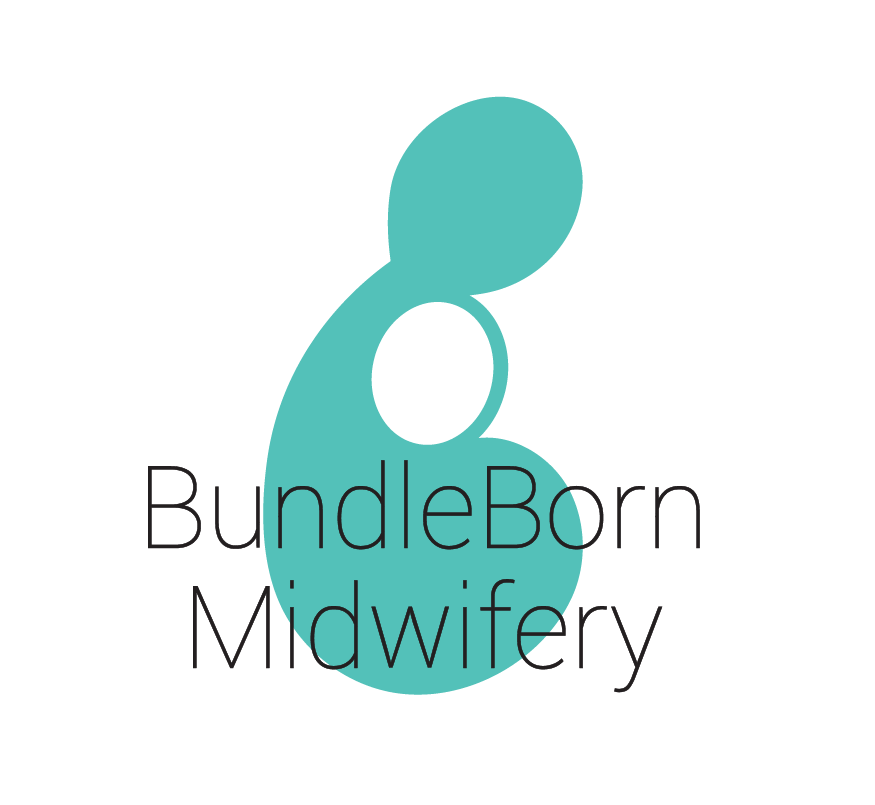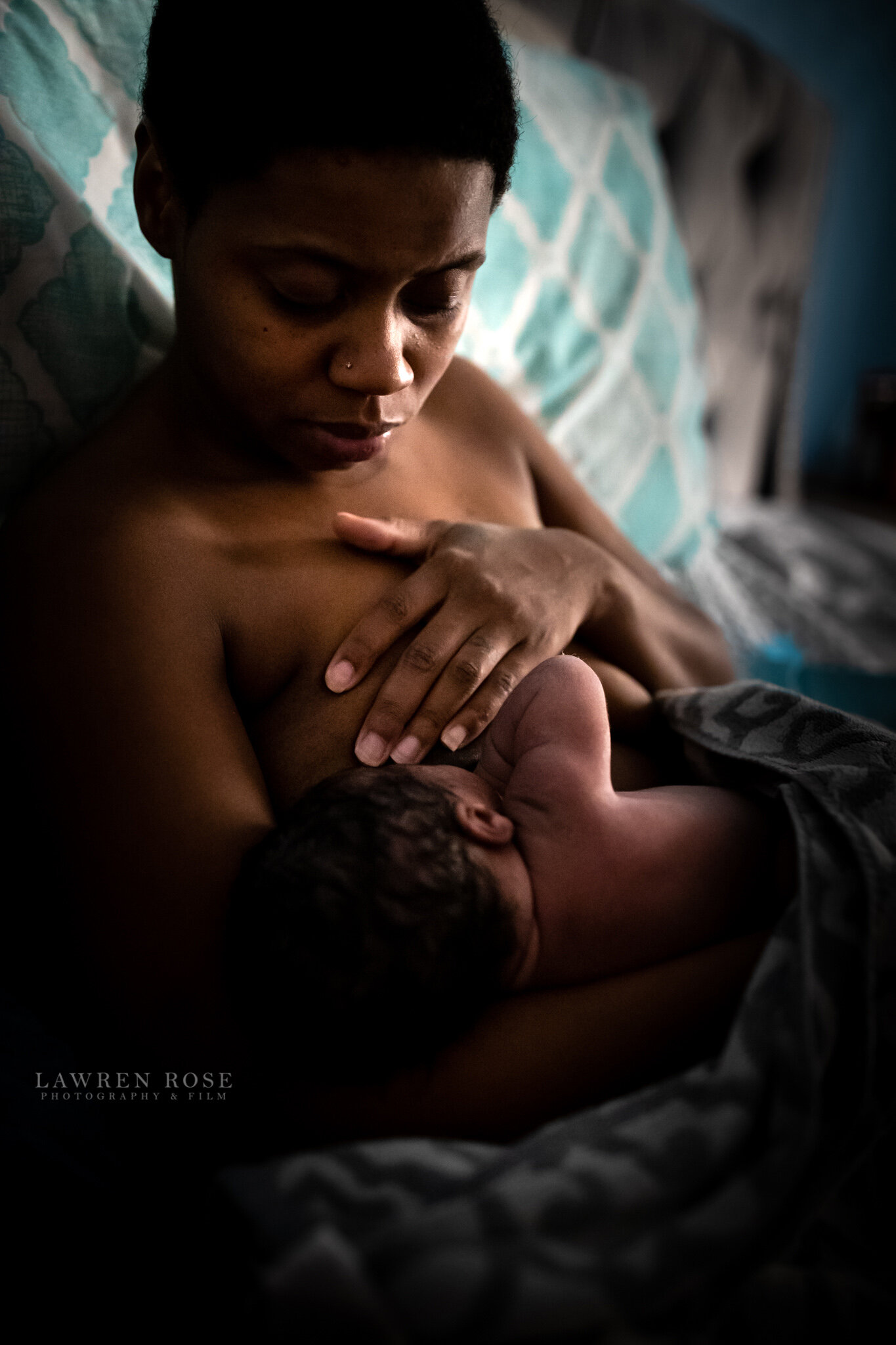Birthing during the COVID-19 pandemic
I know… things are crazy right now. The kids are home from school, yet trying to still do school. My daughters have cheer practice and dance class from home via Zoom teleconferencing (while getting embarrassed by their dad for pretending to join the class in the background). Ashley & I are working from home and doing telehealth visits for most of our clients (most of my clients have heard my dogs barking by this point). Laura is working from home doing all the administrative work as her two boys are also needing her attention. We are missing being all together in our beautiful office, hugging our clients, and seeing big siblings run & play on our play set. At the same time, we are encouraging everyone to simply stay home unless they have no choice (such as healthcare workers & food supply staff). We need our clients to stay healthy, which also allows us to stay healthy- which in turn allows us to continue to care for our clients when they give birth. We all need each other in such a powerful and important way right now.
I wanted to take a moment to discuss the unique aspects of birthing in this climate. This is a time when home birth, hospitals, birth centers, childbirth classes, lactation consultations, doulas, birth partners, prenatal yoga, chiropractic care, etc have all been thrown into the vitamix and come out with a new sense of how we all rely on each other as we serve birthing families.
1.The Infection itself Evidence Based Birth is a great resource for pregnant people & those who care for them to stay up to date with the ever-emerging data on COVID-19, as it relates to pregnancy, birth, lactation, and newborns. In a nutshell, here’s what we know so far:
Pregnant women are at no increased risk of contracting the virus than the general population.
Babies do not seem to be contracting COVID-19 while in the womb or during the birth process. The virus has not been detected in amniotic fluid or in the umbilical cord blood samples.
There has been no detection of the virus in breastmilk. As we know, breastmilk (especially colostrum, the first breastmilk) is packed with antibodies that confer much protection from illness for vulnerable newborns, infants, and children.
I recommend visiting the Evidence Based Birth COVID-19 resource page and listening to their webinar.
2.Hospitals There have been many women who are expressing concern about birthing in the hospital during this pandemic. Here’s what we know (or don’t know) so far:
Hospitals remain a critical component of the care given to pregnant and birthing people.
We have no data yet on if uninfected women are entering the hospital, only to later become infected during their stay. This is a concern shared by many people, but we don’t have any evidence of that happening at that time.
Many hospitals have begun restricting the support persons who are granted admission to the hospital, along with the birthing person. This has included privately hired birth photographers, labor support doulas, and in the most extreme cases- even the partner/spouse/family support person.
To Be Clear: forcing a person to give birth alone is a human rights violation.
The CDC & American Academy of Pediatrics have recommended that those who are infected with COVID-19 should be separated from their babies. The WHO recommends continued skin to skin contact and breastfeeding.
3.Doulas Doulas are an essential part of the birthing team, for those families who have hired them for support. A few bullet points regarding doulas:
Doulas provide irreplaceable physical, emotional, & informational support. They support the birthing person and partner in advocating for their personal wishes & values.
Doulas are not present in a “social” role on the team & do not fall under the social distancing guidelines when it comes to birth support.
It can be argued that doulas are less likely to be a vector for infection when we consider that they are not going from room-to-room, as is the hospital staff.
Evidence Based Birth also has a great compilation of the evidence proving the valuable role that doulas play in serving birthing people.
AWHONN has issued this statement regarding in person doula support during this pandemic: “AWHONN recognizes that doula services contribute to the woman’s preparation for and support during childbirth and supports hospital policies that allow for the presence of a doula during a woman’s active labor. AWHONN supports doulas as partners in care and acknowledges their ability to provide physical, emotional, and partner support to women.”
If you have hired a doula to support you during your birth, yet your hospital is not allowing them entrance, please talk to your doula about the option of labor support at home, with continued virtual support upon hospital admission.
4.Out of Hospital Birthing There has been a surge in interest in birthing at home or in birthing centers in light of the COVID-19. Birthing outside of the hospital is not the best choice for everyone. Birthing inside the hospital is not the best choice for everyone. Some things to consider:
Midwives who attend births in birth centers and homes remain a critical component of the care given to pregnant and birthing people. This is especially true now when birthing people are faced with a loss of their chosen birth support people, are fearful of entering the hospital where the sickest COVID-19 patients are being treated, and where there’s recommendations to separate the baby from it’s parent.
Birthing at home or at a birthing center with a skilled attendant (such as a certified nurse midwife or certified professional midwife) is a safe and reasonable option for most women.
People who plan to give birth at home prepare for an unmedicated natural birth & build their birth team over the course of their pregnancy. This is an important factor to consider when contemplating making a last minute change from planning a hospital birth to planning a home or birth center birth.
To get an idea of the kind of experience one may have when birthing at home, check out these birth photos and videos.
Plan to pay your midwife her full fee, even if transferring in later in pregnancy. Taking on a client with very short notice before birth is a substantial amount of work & the liability of attending the birth is the same as the liability of attending to clients who have been with her from the start. Considering the current situation with COVID-19, remember that for every additional client a midwife takes on, there is an additional possible exposure. She deserves to be paid for her time, expertise, on-call availability, risk, and dedication to the birthing families of her community.
Most out of hospital midwives are not in-network with insurance companies. There are a few that are, but most are not. The reimbursement rates from insurance companies are so incredibly low, that we would not be able to give the highly personalized care (with lengthy appointment times & on-call availability) while still providing the level of service that we are hired for. It may be possible to get some reimbursement from your insurance after baby is born, but that is highly variable from plan-to-plan.
Action Items:
Extend Grace to those all around you. Everyone is doing the best they can
Seek help for your emotional well-being. There are many counselors who are offering remote sessions. The Headspace app is a great resource & is offering a free subscription for healthcare providers with a NPI number.
Foster a dog or cat. They offer great emotional support & companionship while you are stuck at home anyway.
Wash your hands
STAY AT HOME unless you are an essential business…such as doulas & midwives.
Dr. Teri Mitchell, APRN CNM IBCLC
www.bundleborn.com



